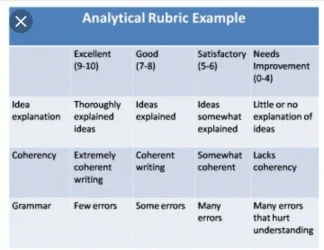HighKick
Master Black Belt
I fully agree there are no standards regarding teaching, but I think the diversity of styles has a lot to do with that. The emphasis is very different style to style.So this has been covered pretty extensively in educational research literature. There are three main types of assessment:
Assessment of learning, assessment for learning, and assessment as learning.
There are also case-by-case approaches depending on the student.
I've noticed in TMA, most of the assessment is either FOR or AS learning; assessment for informing the teacher and student of the progress, and assessment as learning occurs, like corrections during a class, respectively. I believe this has naturally been the case because TMAs are usually appreciated as lifelong endeavours, where assessment OF learning primarily happens by the student in times of reflection.
Because martial arts aren't exactly as standardised as national academic departments or institutions, and for good reason, assessments are much harder to quantify. But good teachers follow one of the three regardless. To what extent, how and appropriately, is another discussion entirely.
The OF/FOR/AS assessment in modern education has a key gap because of the typical 'butt in the seat' style of education. There is little to no tactile learning. This is the prime mover in martial arts training and explains your FOR/AS assessment.
To me, it is the strongest, most effective way to learn.

